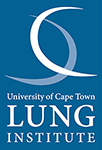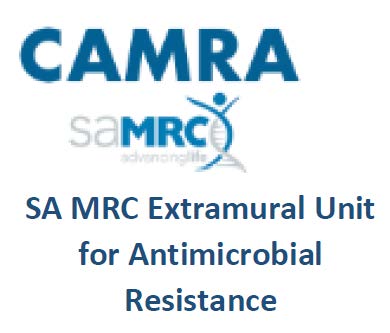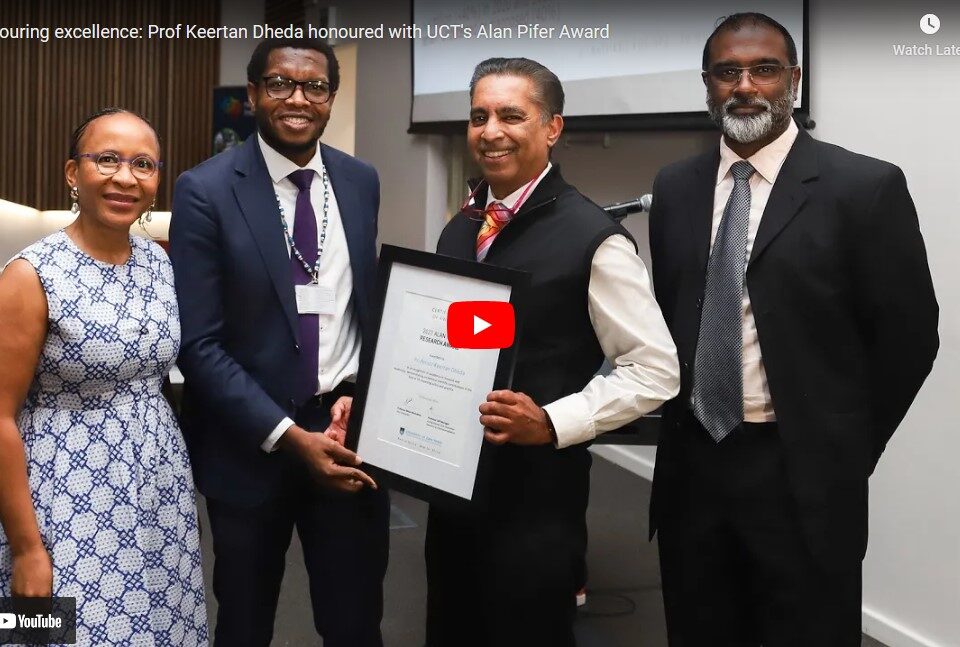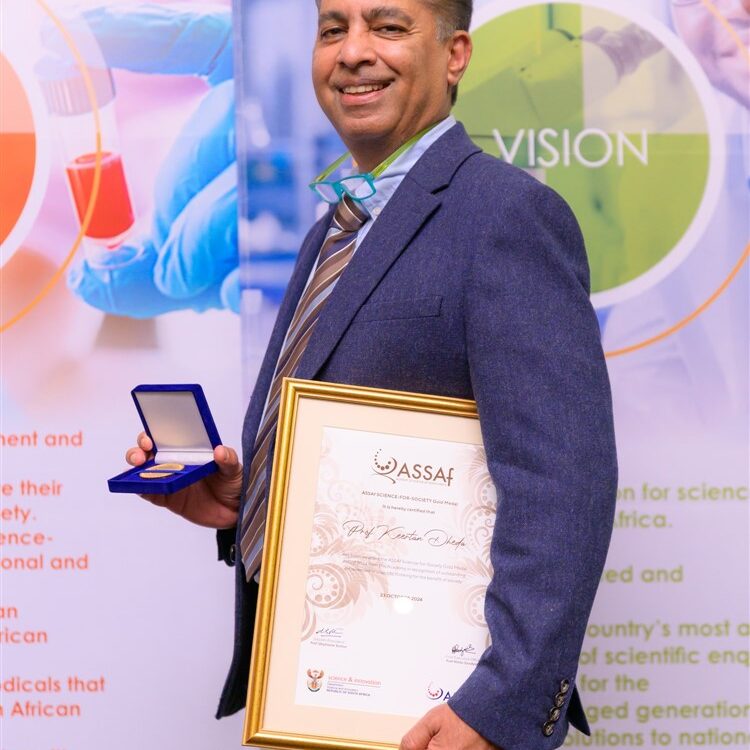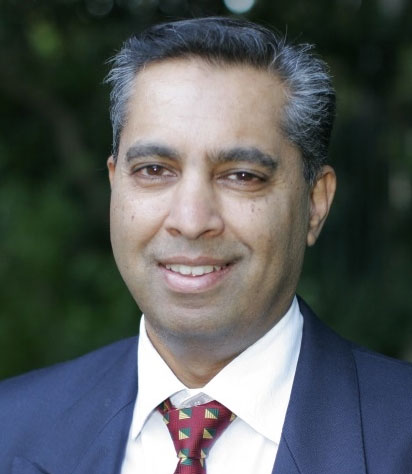
Centre Head
Prof Keertan Dheda
[MBBcH (Wits), FCP (SA), FCCP, PhD (Lond), FRCP (Lond)]
Keertan Dheda, is Professor of Respiratory Medicine, Director of the Centre for Lung Infection and Immunity (CLII), Head of the Division of Pulmonology in the Department of Medicine at the University of Cape Town (UCT) with a joint appointment at the London School of Hygiene and Tropical Medicine (LSHTM) as a Professor of Mycobacteriology and Global Health. He is a global research leader in the in the field of TB diagnosis and transmission. His global health-related work based at UCT and the LSHTM is performed across several countries including the UK, USA, France, Brazil, Zimbabwe, Mozambique, Zambia, South Africa, Malawi and Namibia. Read more
Centre for Lung Infection and Immunity (CLII)
The CLII seeks to enhance the prevention, diagnosis, and effective management of pulmonary infections including TB. Our mission, through our academic and clinical activities, is to reduce mortality, and improve the health-related quality of life of people with lung infections associated with poverty (TB, HIV and pneumonia).
"TB is the biggest infectious diseases killer known to mankind and, remarkably, killed over a billion people over the last 3 centuries! This is more deaths than in all the wars ever fought by mankind!"
"The problem of antimicrobial resistance, including that to TB (MDR-TB and XDR-TB), will cost the global economy US$ ~100 trillion per year by 2050!"
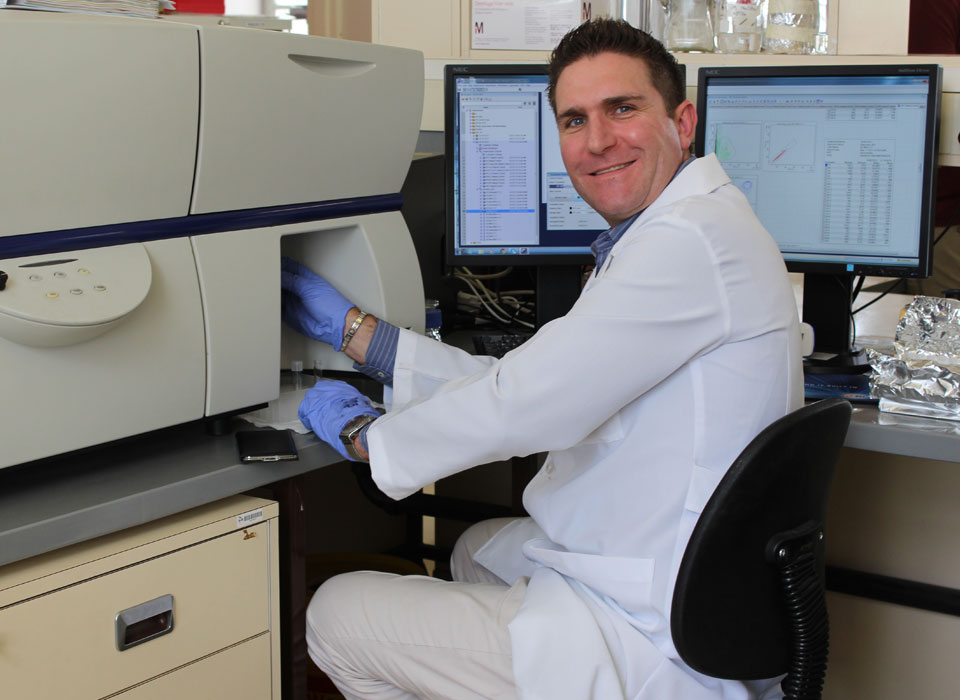
RELEVANCE
Prevention, diagnosis, and effective management of pulmonary infections including TB
EXCELLENCE
Internationally competitive translational research
RESPECT
Improving quality of life of those with diseases of poverty
By the time you you’ve finished reading this webpage about 30 people would have died of TB globally. Thus, the disease is far from eradicated! A resurgent epidemic of drug-resistant TB (MDR-TB, XDR-TB, and incurable TB) is now threatening TB control in several regions of the world.
The Centre
With the dual goals of scientific excellence and building research capacity that is sustainable and relevant to the health needs of the population the CLII has amassed a formidable track record in medical research and training. The Centre currently encompasses approximately 50 staff and students and undertakes laboratory based and clinically oriented studies. It has published a substantial body of work focussed on TB diagnostics, and the epidemiology and management of drug-resistant TB with articles in leading international journals. The most recent clinical trial on urine LAM, a biomarker for TB disease, showed it can save lives and was published in The Lancet. The Centre also provides consultative services and policy recommendations to the Western Cape Government and the South African National Department of Health.
With the aid of funding from the European Commission, EDCTP, South African MRC and DST, NIH, Wellcome Trust, Gates Foundation and others the CLII also engages in extensive capacity development and networking activities across Southern Africa. Over 12 African PhD students have already graduated, with several more in the pipeline, including candidates with a background in laboratory science and specialised clinical medicine (specialist physicians, dermatologists, neurologists, and pulmonologists). The Centre collaborates with a number of formerly disadvantaged institutions within South Africa. In addition, the CLII regularly hosts visitors, including PhD and Masters students from across the globe including the USA, Australia, Canada, Germany, Italy India, Nigeria, UK, USA, Zambia and Zimbabwe.
Considerable networking with other African sites has been achieved through the EDCTP-funded TB-NEAT project (SA, Zambia, Zimbabwe and Tanzania), XACT studies (SA and Zimbabwe) and other projects including TBsusgent, SA NRF Research Chair Initiative, and SA MRC CDA etc. The CLII is also part of the South African TESA Network of Excellence (linking 8 Southern African countries) and has contributed significantly to teaching and training, and networking within this consortium. Major achievements of the TB NEAT consortium include the LAM RCT and the Xpert RCT both published in The Lancet. Thus, much needed and considerable teaching, training, capacity development, and advocacy has been created for MDR & XDR-TB and TB diagnostics.
The research laboratories within the Department of Medicine at the University of Cape Town Groote Schuur site have been enhanced, including installation of a 9-colour LSR2 flow cytometer and establishment of database management, bioinformatics capability and facilities for biobanking. A new laboratory clean room suite is currently under construction.
In addition considerable investment infrastructure has been made at several sites which, in addition to augmenting research capacity, have benefitted healthcare workers and patients. This has included improvements to the clinical infrastructure at Langa, Gugulethu, Brooklyn Chest Hospital and Chapel Street clinics in Cape Town. Clinical office and patient consulting space has been built, and sputum induction facilities and sputum booths have been installed.
A new clinical profiling research facility for cough aerosol sampling has been installed at Brooklyn Chest Hospital. This second such facility on the continent of Africa is used to study tuberculosis transmission as these state of the art facilities enable identification of patients with XDR-TB who are the most infectious. A CLII led US NIH-funded study is currently being conducted.
The CLII regularly convenes research courses and seminars often including international faculty that are attended by African physicians and trainees. These include a forthcoming workshop on genome sequencing and drug resistance and a course entitled ‘Meeting the challenge of drug resistant tuberculosis’. Other events include an Advanced TB Diagnostics Course (co-convened in the past with Prof Madhu Pai and Prof Karen Steingart), and TB and Pulmonary Care Updates for Primary Care Practitioners.
